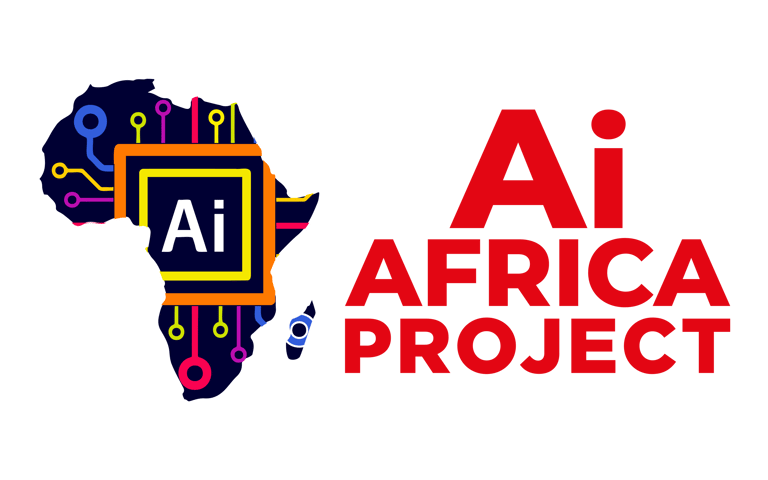Leveraging AI Across Africa’s 50 Natural Resource-Based Economic Sectors: A Strategic Imperative for Research and Development
Africa’s economic future hinges on its ability to unlock the full potential of its vast natural resources. With an estimated 30% of the world’s mineral reserves, 60% of arable land, and 12% of global oil reserves, the continent is resource-rich yet economically underleveraged (World Bank, 2023). Artificial Intelligence (AI), through data-driven research and intelligent automation, provides a transformative opportunity to add value, enhance productivity, and drive inclusive development across 50 strategic sectors identified under the AiAfrica Project.
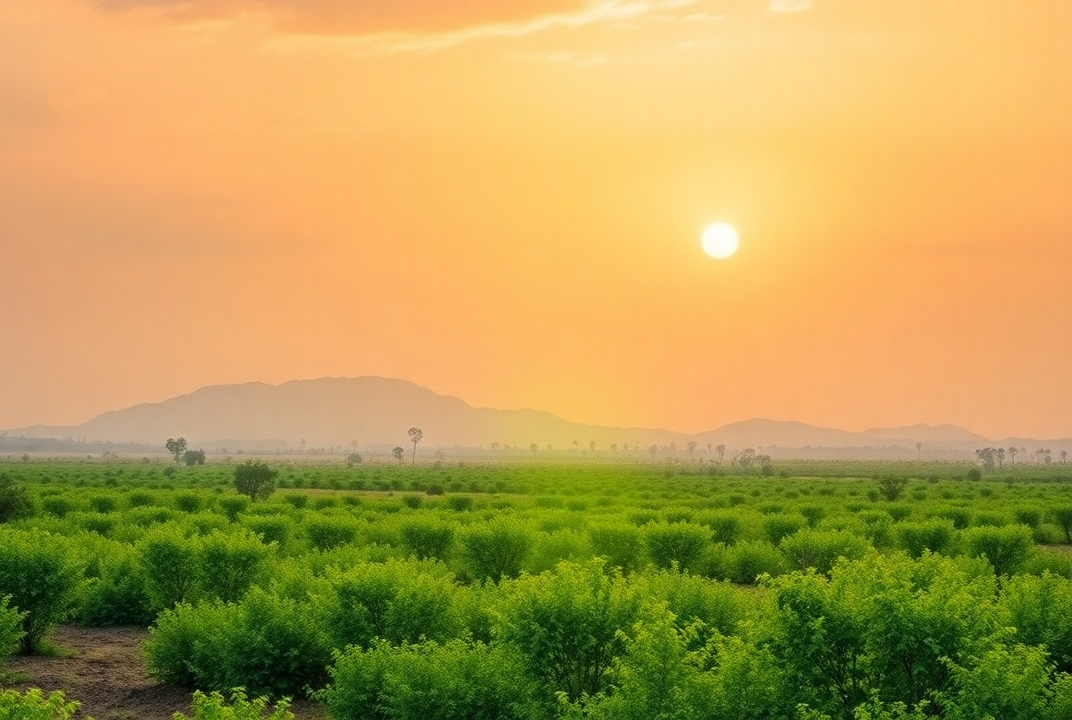

Agriculture contributes over 32% of Africa’s GDP and employs approximately 60% of the continent’s labour force (FAO, 2022). However, post-harvest losses account for up to 30% of production, due to inefficiencies in storage, logistics, and processing (World Bank, 2021). AI technologies—such as precision farming, smart irrigation, and pest detection—can reduce these losses by at least 15%, significantly boosting yields and farmer incomes.
AI-enabled satellite imaging and drone monitoring in horticulture and crop farming, for instance, have shown yield increases of 20–40% in pilot projects across Kenya and Rwanda (McKinsey Global Institute, 2023).
1–6: Agriculture and Agro-Based Industries
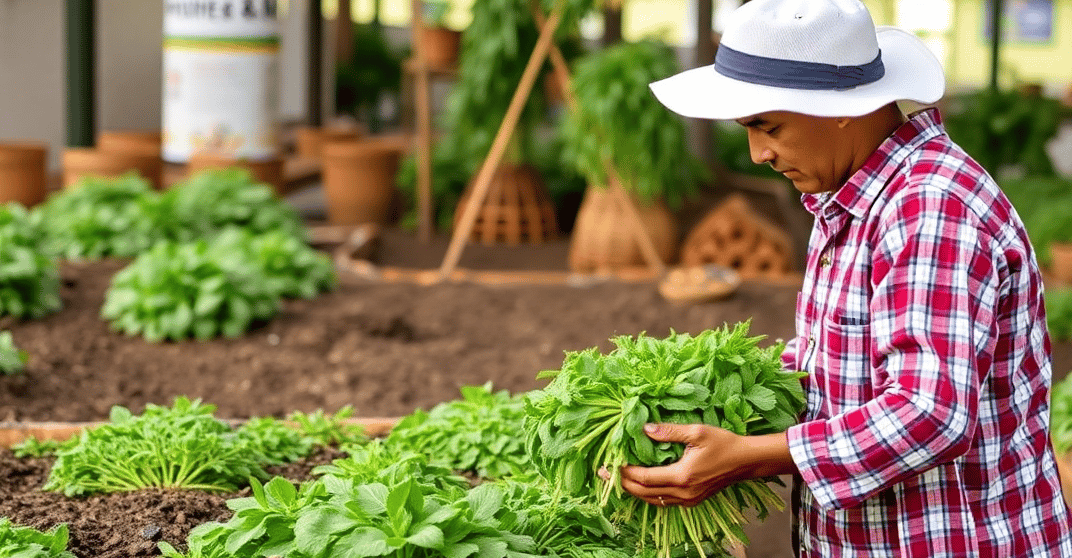



Sub-Saharan Africa has an estimated:
10 terawatts (TW) of solar potential,
109 GW of hydropower potential, and
59,000 terawatt-hours of wind energy potential (IRENA, 2023).
Despite this, 600 million Africans still lack access to electricity (IEA, 2023). AI-powered grid optimization, solar irradiance forecasting, and autonomous maintenance for wind turbines can reduce outages and improve rural energy access.
In the biofuels sector, Ghana’s cassava and corn ethanol projects could generate $250 million annually if scaled with AI-enabled feedstock forecasting and smart refinery automation (AfDB, 2022).
15–20, 48, 50: Energy and Renewable Resources
7–14, 22–24, 41, 44, 46: Mining and Extractive Industries
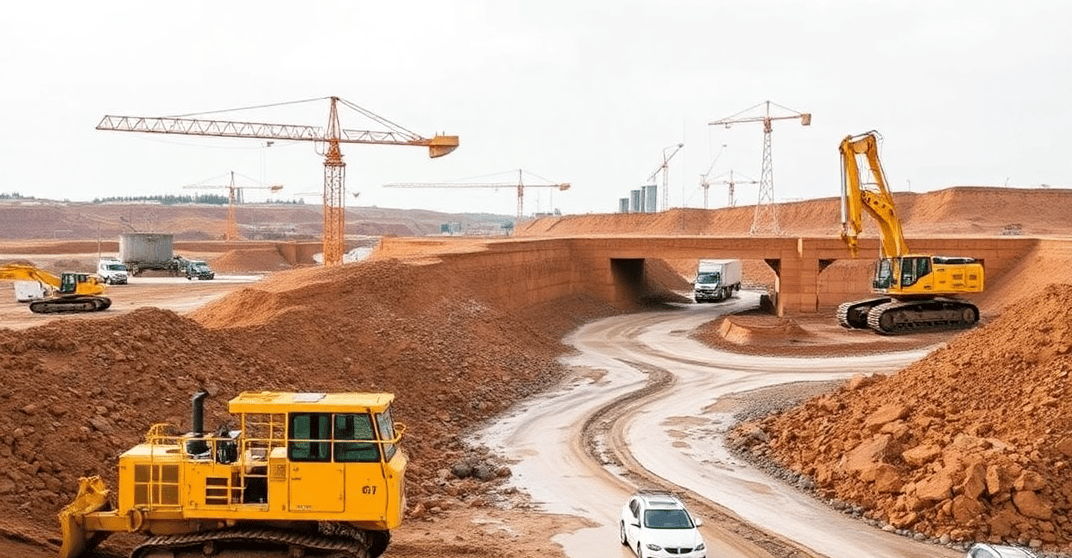

Africa holds:
40% of global gold reserves
90% of platinum group metals
70% of the world’s cobalt
30% of bauxite reserves (USGS, 2023).
The mining sector accounts for over $406 billion in resource exports annually (UNCTAD, 2023). Yet, low-grade extraction techniques, environmental degradation, and informal mining reduce overall value.
AI can enhance geological exploration accuracy by 50%, reduce equipment downtime via predictive maintenance, and increase safety through real-time environmental sensing (PwC, 2022). For example, machine learning has helped South African mines improve ore recovery rates by over 20% while lowering energy usage (Deloitte, 2023).
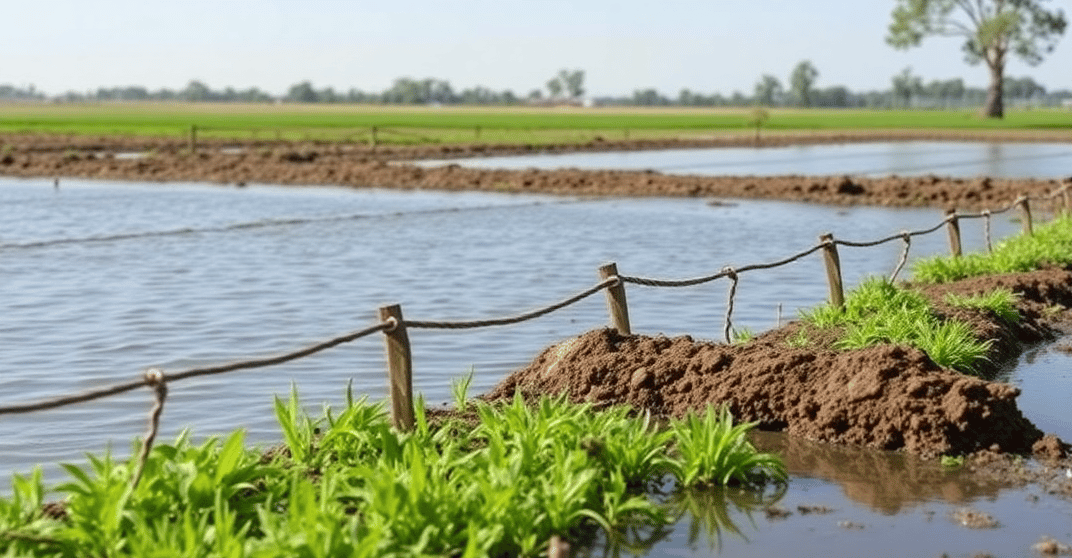

25, 47: Water Resource Management & Irrigation
Africa loses over $14 billion annually to water mismanagement (African Union, 2021). With only 5% of cultivated land under irrigation, AI-based smart irrigation systems could triple agricultural productivity in drought-prone regions (IWMI, 2023). Predictive hydrological models using AI can improve early warning for floods and droughts, saving lives and reducing disaster response costs.
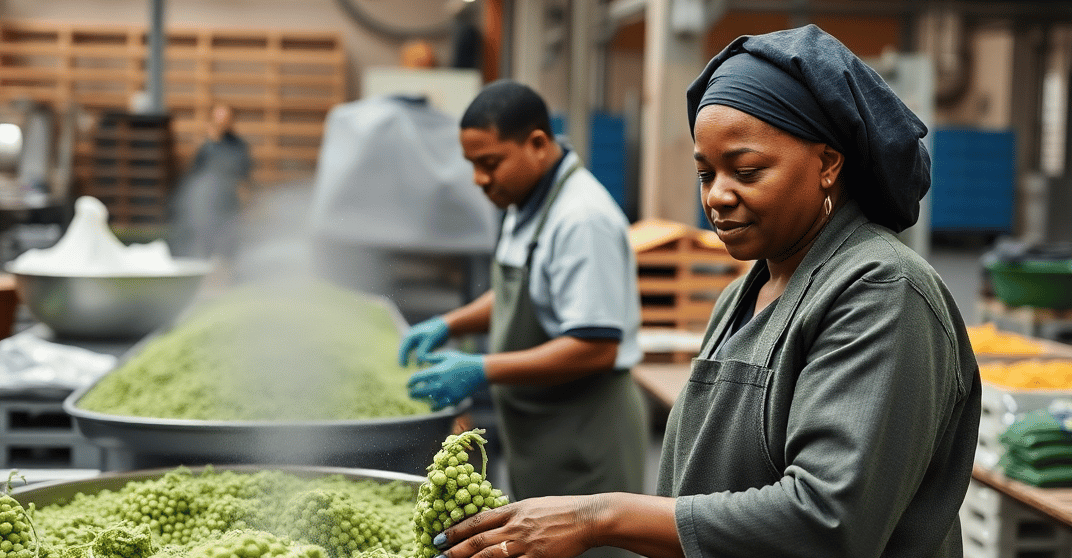

26–30, 35–36, 39–40, 43: Manufacturing and Argo-Processing
Africa’s industrialization agenda is projected to generate $1 trillion in manufacturing output by 2030 (UNIDO, 2022). Sectors such as cocoa and coffee processing, textiles, palm oil, timber, and leather are essential to value addition and job creation.
Africa produces 70% of the world’s cocoa but processes less than 10% locally.
AI-driven factory automation and supply chain management could help Ghana and Côte d’Ivoire capture an additional $5 billion annually in chocolate and cocoa exports (ICCO, 2023).
In the cement industry, AI can optimize kilns and reduce emissions by 7–10%, supporting Africa’s green manufacturing goals (IFC, 2022).
31–32, 34, 38: Natural Products, Beekeeping & Herbal Medicine


The global herbal medicine market is valued at $151 billion and is projected to reach $347 billion by 2032 (Fortune Business Insights, 2023). Africa’s unique biodiversity positions it as a major player.
AI can facilitate ethnobotanical research, detect active compounds using pattern recognition, and accelerate FDA-standard approvals for export. For instance, Nigerian startups are using AI to authenticate honey purity and improve traceability, increasing export value by 30% (TechCabal, 2023).
21, 42: Tourism and Maritime Transport
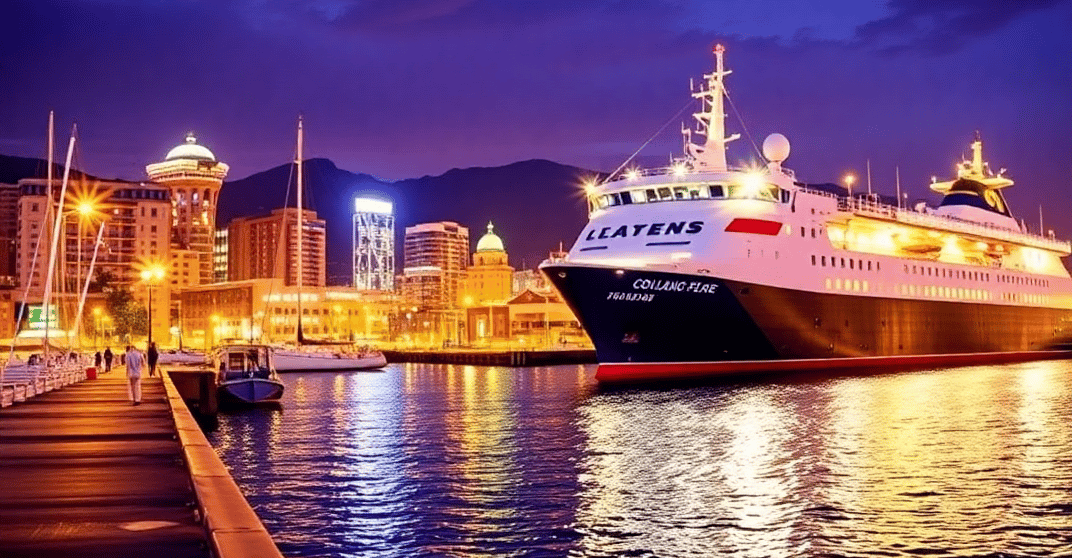

Africa's tourism and maritime transport sectors are collectively worth over $100 billion (WTTC, 2022). Yet, inefficient ports and underdeveloped transport systems cost the continent $25 billion annually in lost trade revenue (UNECA, 2023).
AI-driven logistics platforms, automated customs clearance, and predictive traffic modeling at ports like Mombasa and Tema have shown cargo clearance time reductions of up to 60%. In ecotourism, AI chatbots and recommendation engines improve visitor satisfaction and boost bookings by 20–30%.
Empowerment
Training youth and women for digital leadership.
CALL / WHATSAPP LINE
+233 559 853 572
© 2025. All rights reserved.
Conclusion: A $6 Trillion Opportunity Powered by AI
A 2023 analysis by the African Development Bank projects that full value chain development across Africa’s natural resource sectors could unlock over $6 trillion in cumulative economic value by 2040. AI will be instrumental in capturing this value through enhanced productivity, precision forecasting, climate resilience, and knowledge transfer.
The AiAfrica Project provides a unique opportunity to position African researchers and innovators at the forefront of this revolution. By establishing dedicated research labs, training centers, and AI deployment strategies across the 50 sectors, Africa can not only leverage its natural wealth but also secure its rightful place in the Fourth and Fifth Industrial Revolutions.
